Thank you dear subscribers, we are overwhelmed with your response.
Your Turn is a unique section from ThePrint featuring points of view from its subscribers. If you are a subscriber, have a point of view, please send it to us. If not, do subscribe here: https://theprint.in/
The system of reservations based on caste, economic status, ability, and other social parameters in Indian universities and government jobs dates back to almost our independence. The successive governments have only increased the ambit of reservation by both increasing the percentage of reserved seats and including more social groups among the beneficiaries of reservation. Several critics have commented on whether this system of reservations serves its intended purpose of bringing the historically marginalized groups into the mainstream. This opinion piece departs from these criticisms and looks at reservations from an intersectional standpoint.
Intersectionality theory suggests that an individual’s multiple identities intersect with one another leading to their unique experiences. For example, the experiences of a low-income Muslim woman are shaped by the intersection of her economic, religious, gender identities along with several other identities that she has. Moreover, this theory emphasizes that one cannot sum up the experiences of different social groups to understand the intersectional experiences of an individual. This means that one cannot add the experiences of all low-income individuals, Muslims, and women to understand the lived experiences of a low-income Muslim woman.
Intersectionality has been practiced across different contexts including India for a long time. The term, however, was coined by the US legal scholar Kimberley Crenshaw in 1989. Crenshaw highlighted how Black women face double discrimination due to both their race and gender.
In the Indian context, the efforts of social reformists such as Savitribai Phule and Jyotirao Phule, who worked on abolishing simultaneous discriminations based on caste, gender, and even religion, can be called intersectional.
Now let us look at the system of reservations in India from an intersectional viewpoint. Generally, reservations in India are afforded to people belonging to SC, ST, OBC, PWD, and EWS (if they are not covered for reservations under the earlier-noted categories) groups in different government jobs and educational institutions. In some cases, such as seats for municipal bodies, reservations are also provided to women.
However, within each group that is afforded reservations, one can create several sub-groups based on gender, religion, sexuality, parents’ educational background, rural vs. urban upbringing, and several similar factors. Each of these factors affords certain advantages to some people while creating barriers for others, thereby preventing the latter from getting the benefits of reservation.
For example, if caste-based reservation is afforded to a group, it is more likely that men from that caste will be the significant beneficiaries of that reservation as compared to women leaving behind women from that caste. Similarly, if reservation is afforded to women in a certain job, there is a higher chance of a woman from an upper-income group getting that job due to the skills that she could gain because of her economic status, which excludes women from low-income groups.
What is done in several other countries, for example, the US, where I have lived for a considerable time period, is that they try to adopt a more inclusive policy that qualitatively looks at an individual’s varied experiences. Such a policy opens doors for bringing in people from more diverse backgrounds to their institutions, thereby not only improving the societal representation but also, and importantly, allowing for a bigger diversity of ideas and voices within the organization.
I am not suggesting that this policy is completely fool-proof. In fact, many critics of this policy note that several institutions use it to recruit token minorities without making sustained efforts to retain them. But there is very little evidence that there are sustained efforts made at Indian institutions to create an inclusive environment for minorities. In fact, a recent incidence of mistreatment of students by the course instructor at IIT Kharagpur in a preparatory course that is primarily taken by students from the reserved groups once again highlights how the institutional environment for minorities at our institutions is extremely toxic.
To sum up my point, the current system of reservation in India does not seem to be intersectional enough to afford the benefits of reservation to the individuals who face double or triple discrimination due to the intersection of their different identities. Hence, a policy that accounts for this issue might be more suited. That being said, an effective implementation of such policy requires institutional willpower that pushes for recruitment and retention of minorities who are at the intersections of different identities that have been previously marginalized.
At the same time, it requires honest intent from individuals who serve on admission and recruitment panels as these individuals will need to make qualitative judgments on a candidate’s intersectional experiences while considering their application. In a country like ours that already faces a severe amount of nepotism and institutional disregard for certain minorities, especially belonging to the lower castes, implementing such a policy is probably easier said than done.
These pieces are being published as they have been received – they have not been edited/fact-checked by ThePrint.

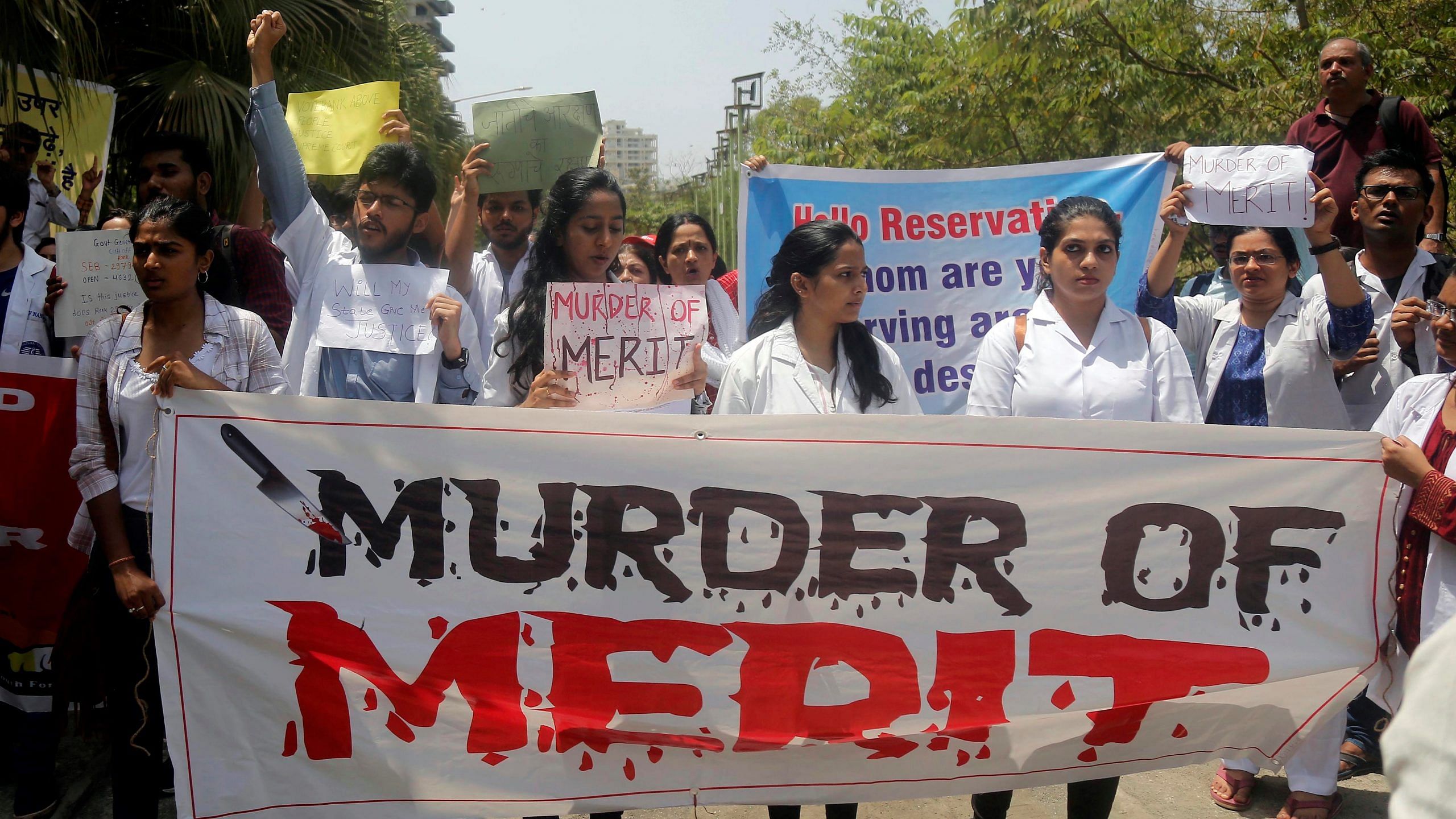
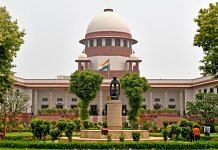
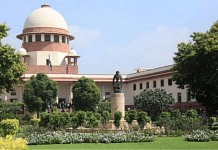
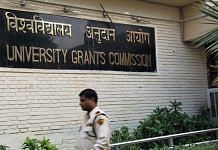

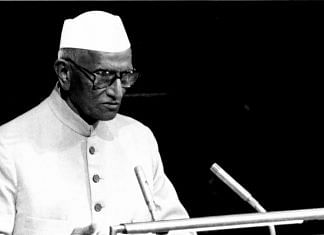




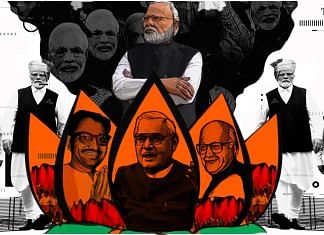
COMMENTS